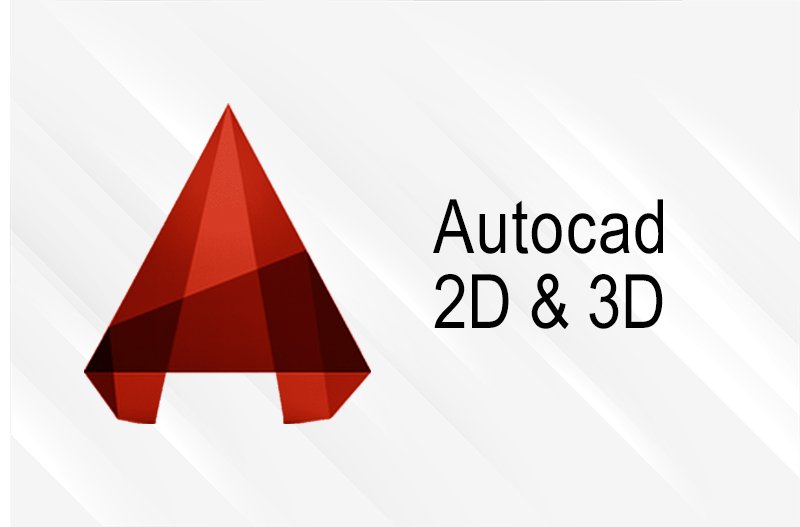Course Overview
The Certified DevSecOps Professional (CDP) certification program equips individuals with the knowledge, skills, and best practices needed to integrate security seamlessly into the DevOps pipeline. DevSecOps, an evolution of DevOps, emphasizes the importance of security throughout the software development lifecycle, fostering a culture of shared responsibility among development, operations, and security teams. This certification validates expertise in implementing security controls, automated testing, and continuous monitoring within DevOps environments, ensuring the delivery of secure and resilient software products.
Target Audiance
- Individuals involved in the development of software applications who want to enhance their understanding of security practices within the DevOps framework.
- Professionals responsible for optimizing and automating the software development pipeline, interested in integrating security into their workflows.
- Individuals tasked with assessing and mitigating security risks in software applications, seeking to align their efforts with DevOps methodologies.
- Leaders responsible for overseeing software development projects and ensuring the security and compliance of deployed applications.
- Professionals designing secure software architectures and systems, aiming to incorporate DevSecOps principles into their designs.
Schedule Dates
CDP – Certified DevSecOps Professional
CDP – Certified DevSecOps Professional
CDP – Certified DevSecOps Professional
CDP – Certified DevSecOps Professional
Course Content
- Overview of DevOps and DevSecOps principles
- Importance of integrating security into DevOps workflows
- Cultural and organizational shifts required for successful implementation
- Secure code management and version control
- Automated security testing (static, dynamic, and interactive)
- Continuous integration and deployment best practices with security considerations
- Security automation in cloud environments
- Securing configuration management tools
- Managing secrets and credentials securely
- Securing containerized applications (Docker, Kubernetes)
- Image scanning and vulnerability management
- Container runtime security best practices
- Securing communication between microservices
- Authentication and authorization in microservices architecture
- Implementing service mesh for enhanced security
- Continuous monitoring for security threats and vulnerabilities
- Incident detection, analysis, and response in DevOps environments
- Security information and event management (SIEM) integration
FAQs
While there are no strict prerequisites, a fundamental understanding of DevOps principles and basic knowledge of cybersecurity concepts would be beneficial.
The exam typically consists of multiple-choice questions and scenario-based tasks that assess candidates’ understanding of DevSecOps principles and their ability to apply them in real-world scenarios.
Yes, there are various training courses and study guides available from accredited training providers. Additionally, practical experience in implementing DevSecOps practices is highly recommended.
The certification is typically valid for a certain period (e.g., two years), after which renewal through continuing education or re-examination may be required to maintain certification status.
DevSecOps is increasingly becoming a critical aspect of software development, and professionals with expertise in this area are in high demand across various industries. Career opportunities may include roles such as DevSecOps Engineer, Security Automation Specialist, Security Architect, or DevOps Team Lead.

 4.8
4.8







